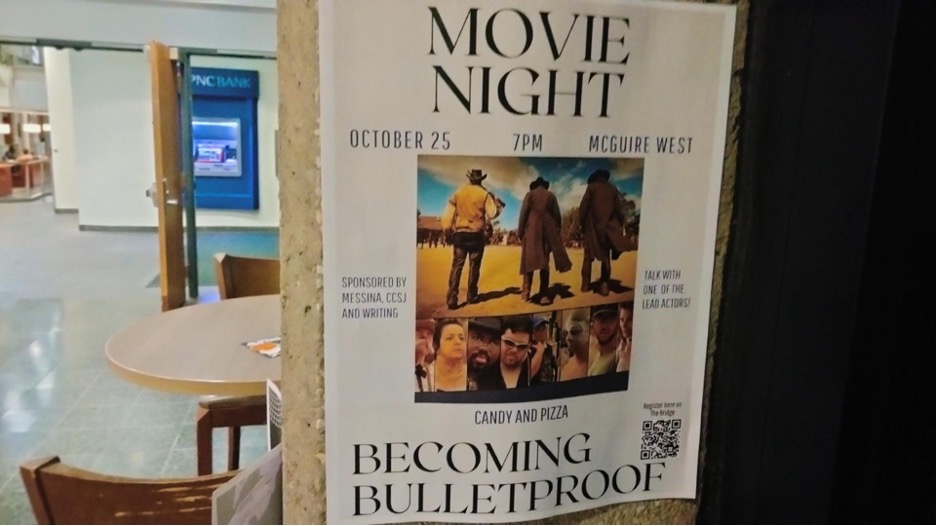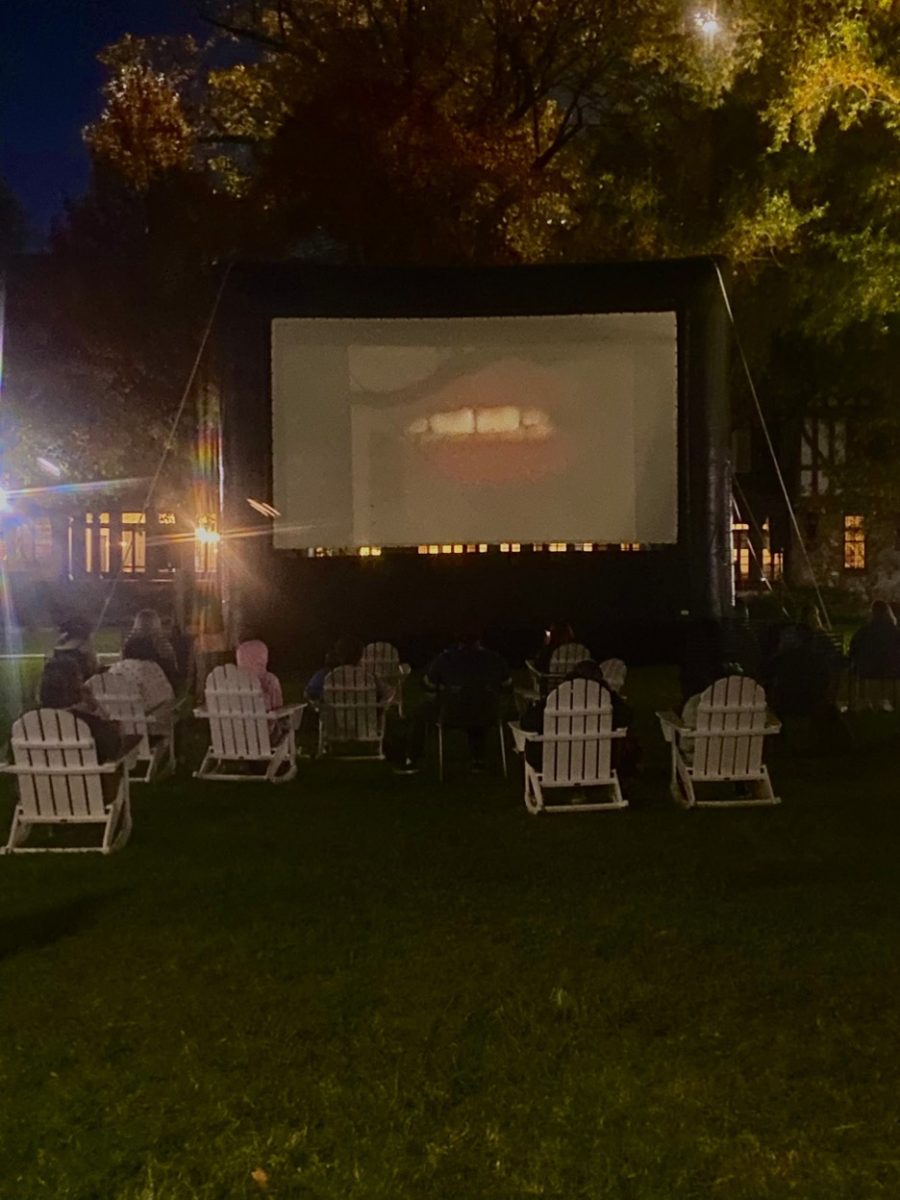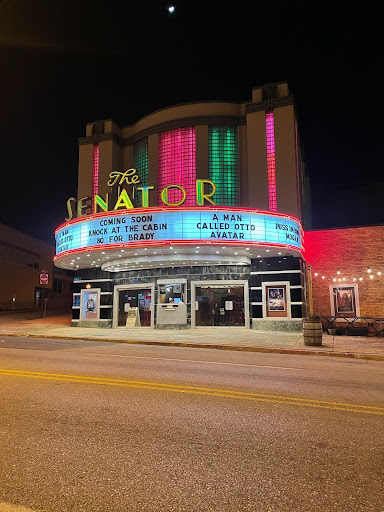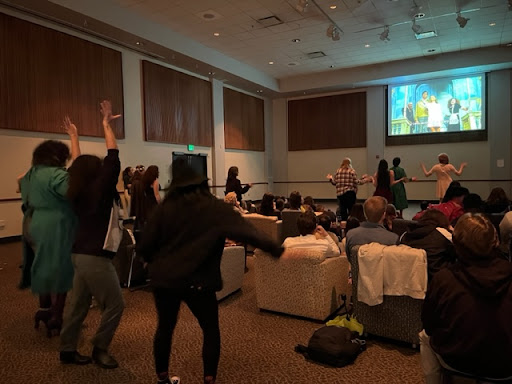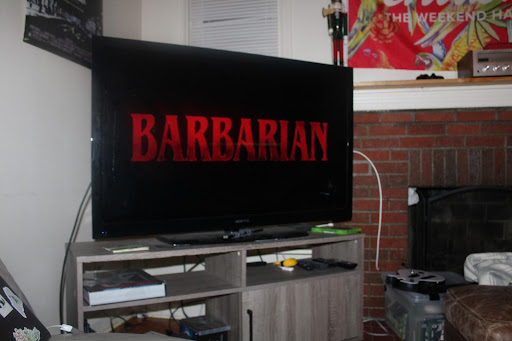A lot of people don’t like black and white movies. Some have the nerve to come right out and say it, but far more let their movie-watching track record speak for them. Case in point: during the first week of class one of my professors tried to get us to introduce ourselves by saying the last movie we watched. About half the class said Divergent, and the rest either said something like 22 Jump Street or Let’s be Cops.
Now don’t get me wrong, both of those latter two movies were hilarious, and despite my snobbish reservations, I’m sure some aspects of Divergent (despite its derivative nature) were fine too. I’m also hopeful that a lot of people from that normally have more expansive movie taste, but unfortunately for many people that’s just not true and we’re simply limiting ourselves. Movies are a great way to find out about facets of former societies without having to rely on the people who lived then to share their experiences. We’re missing out: as any good history major knows, the knowledge of the past is the best way to prepare yourself for the future.
In reality, the idea of opening up to other viewpoints and time periods could be addressing any genre of movie that people refuse to watch: foreign films, documentaries, even the mindless remakes steamrolled out by Hollywood today. The point here isn’t that one genre is better than the other, which is what usually gets pointed out in calls to watch old “classics.” Far from it, actually. The problem really is that people are shutting themselves off from a huge portion of culture by refusing to watch a certain types of movies. By doing so, they are limiting their scope of view and thus cannot understand other viewpoints as well. Maybe there actually are some really funny or interesting parts in the Hunger Games and just brushing it aside as a rip off of Battle Royale isn’t the best idea. Or what about Spike Jonze’s Her? People were incredibly divided on that one. Many thought it was a fascinating look into the psychology of future relationships with computers, but lots more brushed it off as frou-frou nonsense and didn’t even give it a chance.
However, the specific problem with people not watching older movies from the sixties and before is that there aren’t a whole lot of people today who can explain the appeal effectively. Alright, so maybe a few old people can, but it’s just not the same type of understanding. Certain movies give a unique peek at a culture at a certain point in time, one that we may not grasp through writings or even our own individual understanding of that time. These movies, that would be otherwise ignored, can change the mass perception of a certain time period.

A still from Bicycle Thieves (Wikimedia.org / Cavarrone)
You can find lists of recommended older movies all over the internet, but there are a few that I particularly enjoy. Bicycle Thieves and 400 Blows are both great movies that came out of filmmakers’ desire to depict the social reality of their time. Red Balloon is a neat children’s flick from 1958. If you’re looking for something shorter, check out Jean Painleve’s short surrealistic science documentaries or Chris Marker’s time-bending La Jetee.
Fortunately there are all kinds of great venues for these classic and offbeat movies. The Charles Theatre has a Revival Series every season, and now even The Senator is starting to put classic movies on the big screen. There are a few theatre collectives and bars that hold showings of older cult movies, too. Baltimore has a rich film culture right now, and over the next few weeks I’ll be exploring it to a certain extent, so people will be able to catch up on anything they haven’t seen (or even considered seeing.) Maybe I’ll even change your mind along the way.
Check back next week for an article on Dr. Strangelove—showing at the Charles in the coming weeks—and how Stanley Kubrick blows our whole no-humor perception of the Cold War era straight out of the water.
Tweet the writer: @NotEvenALeo







































































































